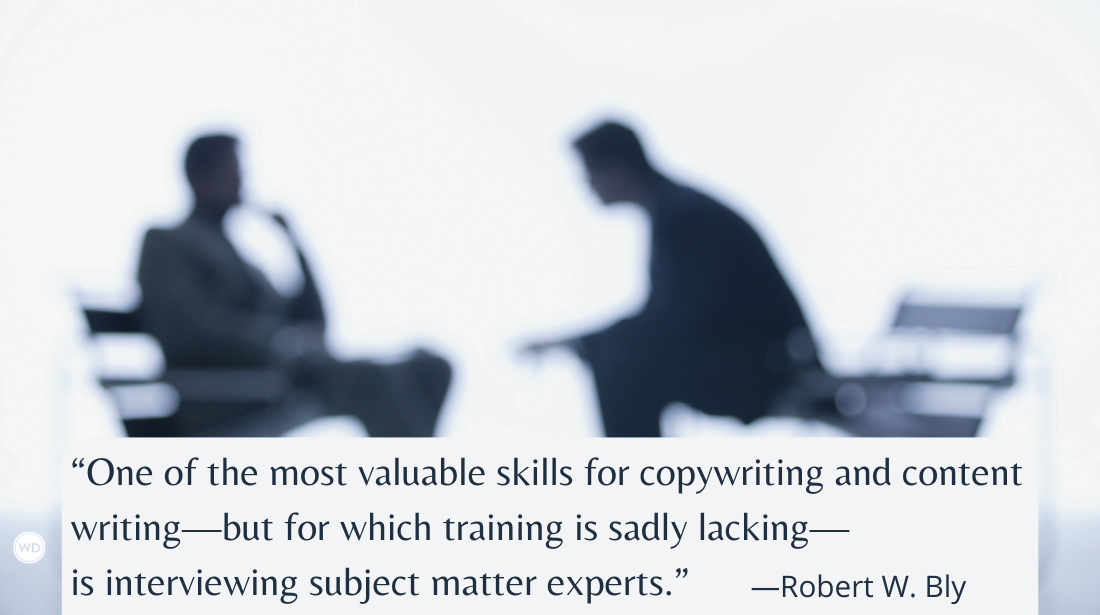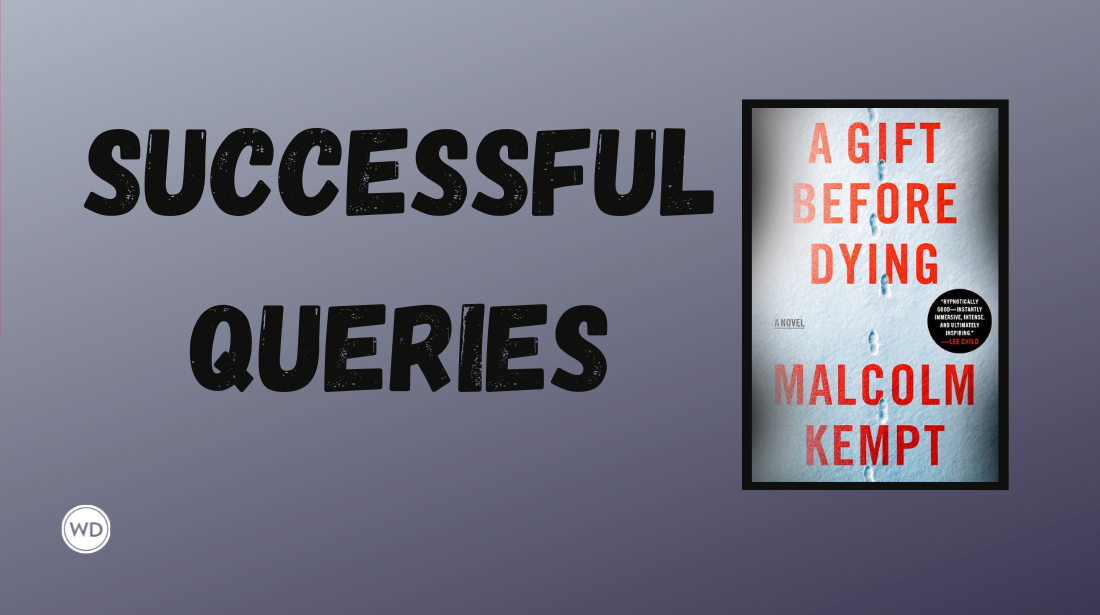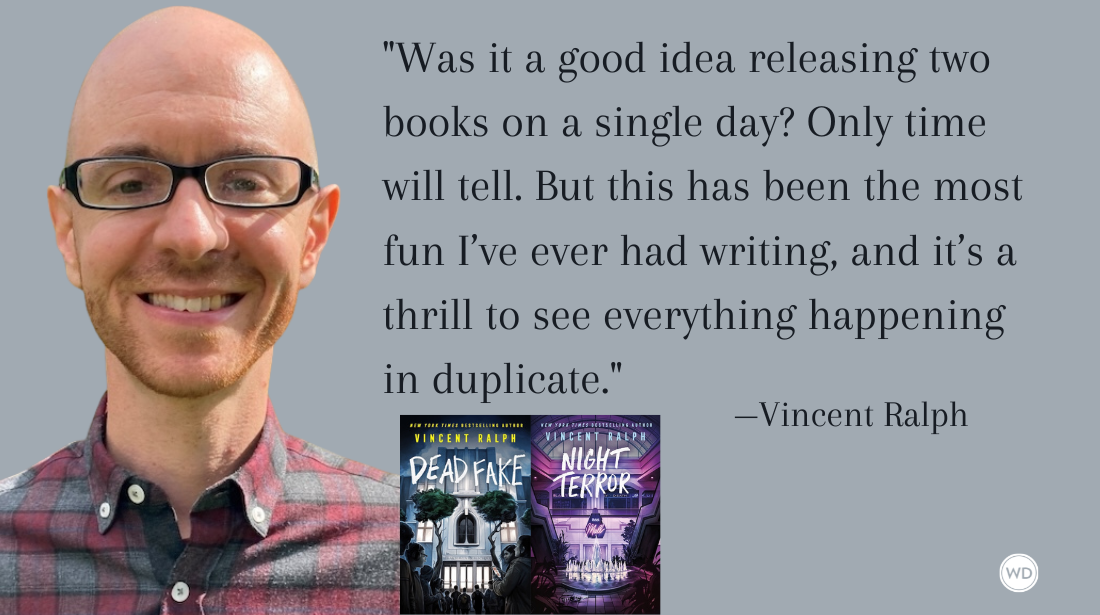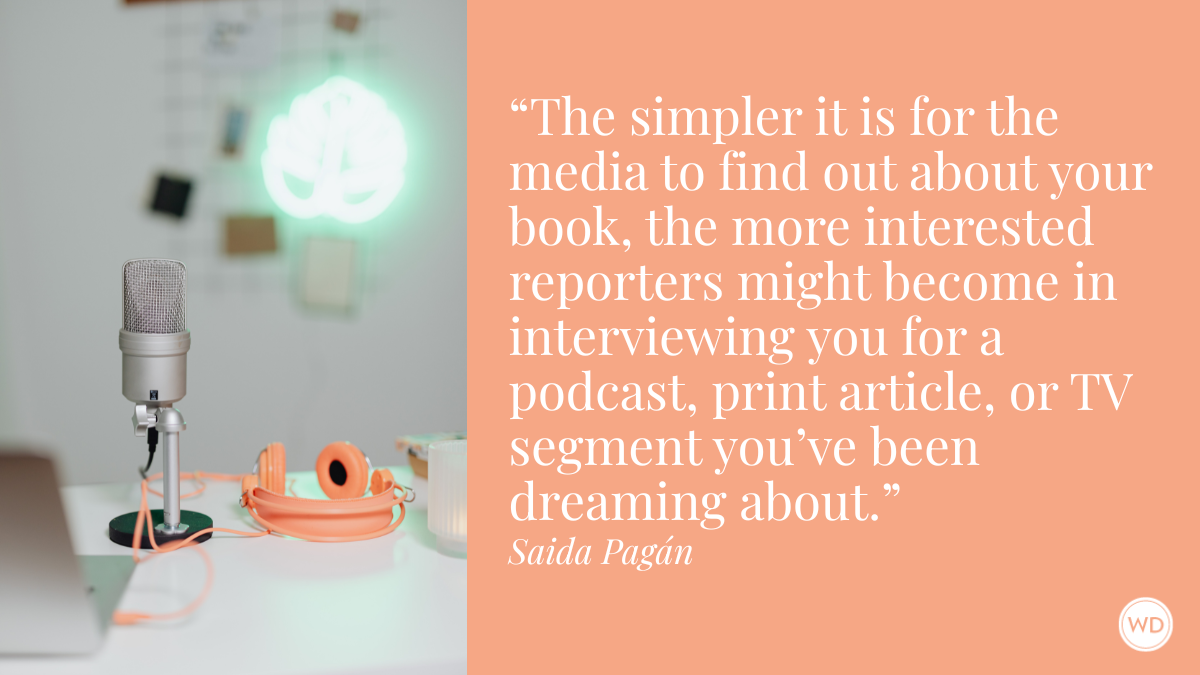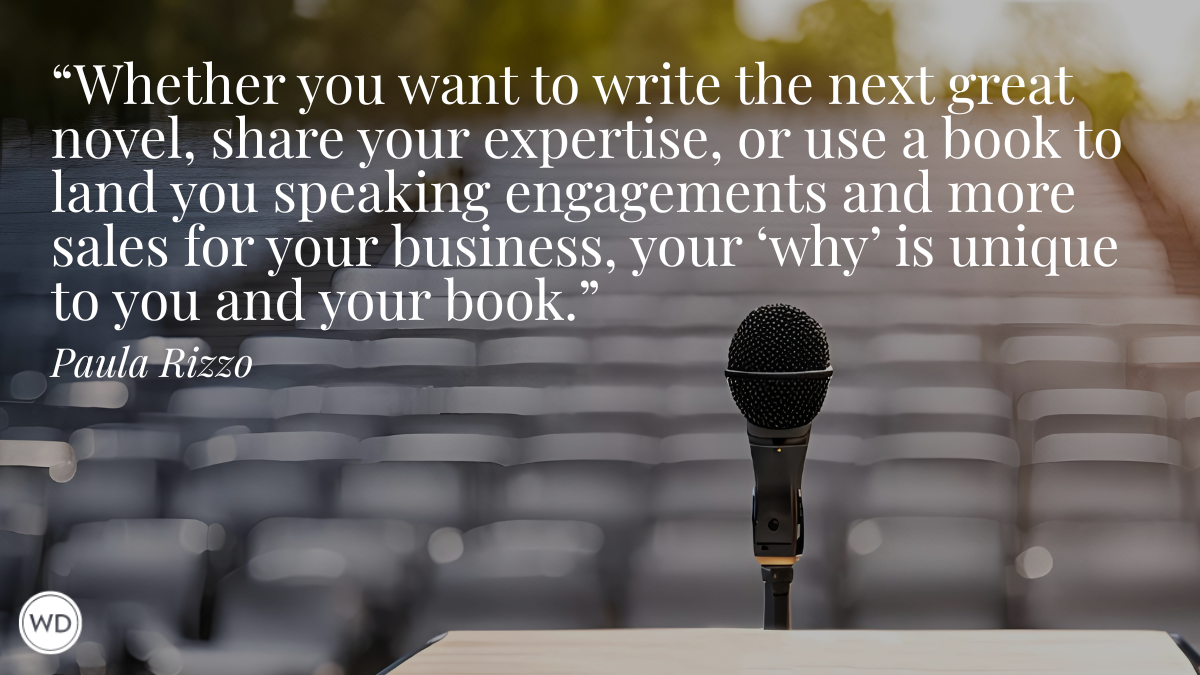Turn One Agent’s No into Another Agent’s Yes
As much as you’d probably like to burn your rejection letters or mold them into little voodoo dolls of the editors who sent them, don’t. There’s a lot to be learned from the responses (yes, even those that arrive with nothing more than a standard checkbox of reasons the piece wasn’t accepted).
Think of your rejections as reactions from first dates: Some will be very general (“Sorry, I’m just not that into you”), some will offer minimal feedback (“You talked nonstop about your ex; I don’t think you’re ready for a new relationship”), and some will offer detailed information to help you improve for your next attempt (“You were charming, attractive and we had a lot in common, but I just don’t date smokers”).
While it might be hard to swallow, the feedback provided in these letters could be your best hope of improving your work—query, proposal and/or manuscript—and eventually getting published. Be grateful for it. Most editors are so busy sorting through their slush piles (in addition to all their other work) that they don’t have time to offer advice. So when they make time to do so, it could be either because they believe your work has potential, or because your approach is so far off the mark that they’re trying to help you correct your mistakes. Either way, they wouldn’t respond if they weren’t trying to help.
—Wendy Burt-Thomas
So what are some of the specific types of responses you might get, and what can you glean from them?
First, the responses that could have been avoided if you’d done your homework before submitting:
• “No simultaneous submissions.”
• “Not our genre.”
• “Too long.”
• “Too short.”
• “No unagented submissions.”
• “Not right for our audience.”
• “No e-mail queries.”
• “Query only” (i.e., don’t send a proposal, manuscript
or synopsis).
• “No anthropomorphic characters.”
Lesson learned. Now, the responses that you may not have been able to predict:
“Not our style/voice/tone.”
TRANSLATION:This could mean that the writing or idea was good, but the publisher doesn’t print books like yours.
YOUR NEXT MOVE: Try another publishing house.
“We no longer accept this genre.”
TRANSLATION:The publishing house has found that it can be more profitable in other genres. That doesn’t mean your genre isn’t profitable; it’s just not for them.
YOUR NEXT MOVE: Try another publisher that recently printed a book in your genre.
“We aren’t accepting new clients at this time.”
TRANSLATION: The literary agency could be overwhelmed with clients, in the process of restructuring or even about to fold.
YOUR NEXT MOVE: Try another agency.
“This topic has been done to death.”
TRANSLATION: The editor may not be saying that her publisher in particular has covered this topic in numerous books, but rather that several publishing houses have printed books similar to yours recently and the market is saturated.
YOUR NEXT MOVE: Find a fresh angle to your story to avoid getting this response from other publishers.
“We only publish authors with platforms.”
TRANSLATION: “We’re a small publishing house with no budget to promote new authors. It’s up to you to promote yourself and your book, and because you didn’t mention anything about having a platform in your query, we’ll have to pass.”
YOUR NEXT MOVE: Create a platform for yourself now—and mention it in your query to the next publishing house. It could be something as simple as a blog on a subject related to your book, teaching a half-day seminar on the topic or developing an e-mail list of potential customers.
“It doesn’t feel like you’ve zeroed in on a niche.”
TRANSLATION: You were all over the map. The editor or agent couldn’t understand the query/synopsis/proposal, or the topic is too broad to fit into one book.
YOUR NEXT MOVE: Get a second or third set of eyes to give you feedback on tightening the idea. Hire a book editor or join a critique club if you’re serious about seeing your manuscript get published, and prepare yourself for the possibility that it could need some major rewriting.
“I really like your protagonist but just can’t get on board to represent you.”
TRANSLATION: You’re great at developing characters, but other areas (like plot, motivation, dialogue or conflict) are still lacking or weak.
YOUR NEXT MOVE: Ask a professional editor with expertise in your genre to give you feedback on your strongest and weakest areas. You may also want to consider taking a class (or attending workshops at a writing conference) specific to your genre.
“Numerous grammatical errors.”
TRANSLATION: You either didn’t proofread and spell check your piece, or your grammar skills are lacking (for both).
YOUR NEXT MOVE: Paying someone to proof your work will help with the initial step. But if you’re going to finish your book, write another book or do your own press releases, you’ll need to take a few English classes and invest in a copy of Strunk & White’s The Elements of Style.
“The book didn’t quite live up to my expectations.”
TRANSLATION: “The first few sample chapters you sent were great; that’s why I requested more. But the book lost its appeal the more I read.”
YOUR NEXT MOVE: Revisit your story and see where it might be going off track. Does it change focus? Does the action slow down? Do the main characters lose their charm or do something that no longer makes them believable? Don’t be afraid to cut any words that aren’t working.
“I recommend you read other authors in your genre.”
TRANSLATION: Your work was mediocre or did not adhere to the conventions of the genre in which you are writing, and you need to learn about basic narrative elements like plot, structure, motivation, characters, etc.
YOUR NEXT MOVE: Read several classic and contemporary books in your genre and take a writing class before heading back to revise your manuscript. Then, join a critique group or attend a writing conference where you can get feedback from an industry professional. Don’t submit your book to any other publishers until someone knowledgeable about your genre has “approved” your piece. And no, your mom doesn’t count.
“This isn’t quite right for us, but have you tried contacting [insert name of agent or acquisitions editor]? This might be a good match for them.”
TRANSLATION: “This is a good, solid piece of writing. We can’t publish it, but it’s good enough that I’m willing to put myself out on a limb to give you a referral to another publishing house. I want them to call and thank me when they make money from your book.”
YOUR NEXT MOVE: Contact the acquisitions editor at the second publishing house and tell her who referred you. Ask if you can e-mail your query/synopsis/proposal/manuscript immediately. Write the first editor a nice thank-you note and keep him updated in the process.
“You may want to consider self-publishing.”
TRANSLATION: Unfortunately, this may mean that in this editor’s opinion, “There is nothing that can be done to salvage this book. You need to take writing classes, hire an editor, join a critique group, attend every writing conference in your area over the next three years, and then start from scratch.” But it may also mean that your topic or audience is so niche that it’s not commercially viable. The editor may be able to tell that this story is one that means a lot to you (like the history of your hometown or a memoir of your boarding school days), but she also knows enough about the industry to see that the book may not appeal to larger audiences.
YOUR NEXT MOVE: In case of the first scenario, ask your mom to tell you how great you are. In the second, start researching self-publishing options if you’re determined to see your story in print.
Excerpted from The Writer’s Digest Guide to Query Letters © 2008 by WENDY BURT-THOMAS, with permission from Writer’s Digest Books.
Buy Now:
Learn how to write solid query letters that catch an agent's attention:
The Writer’s Digest Guide to Query Letters




